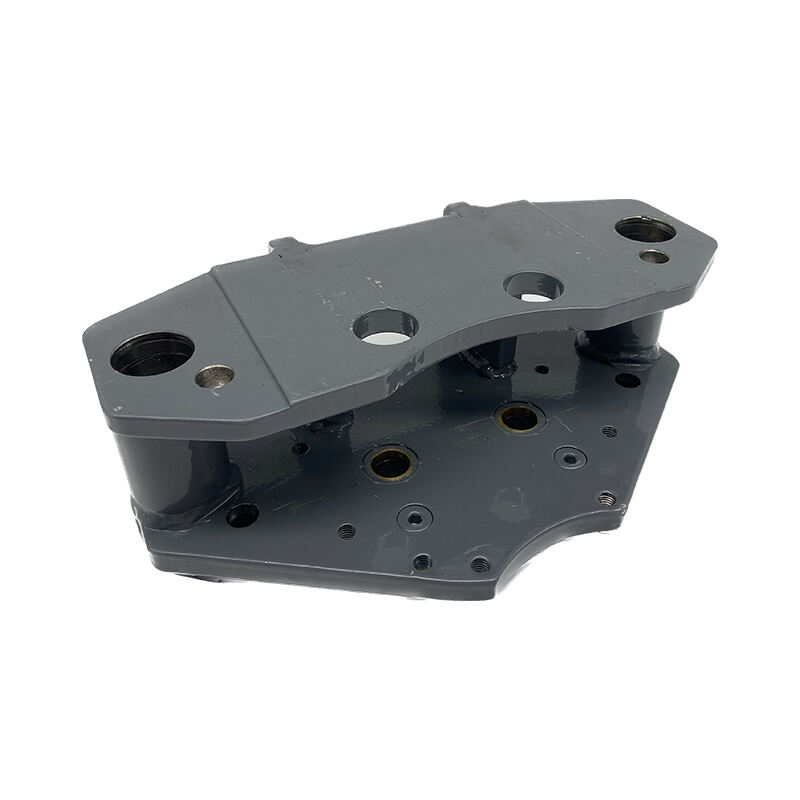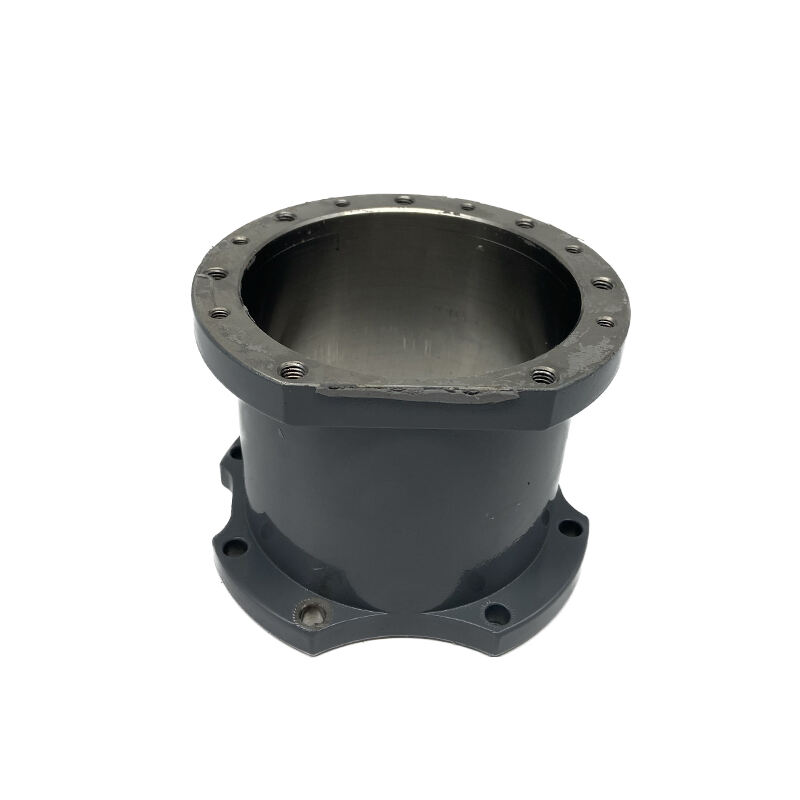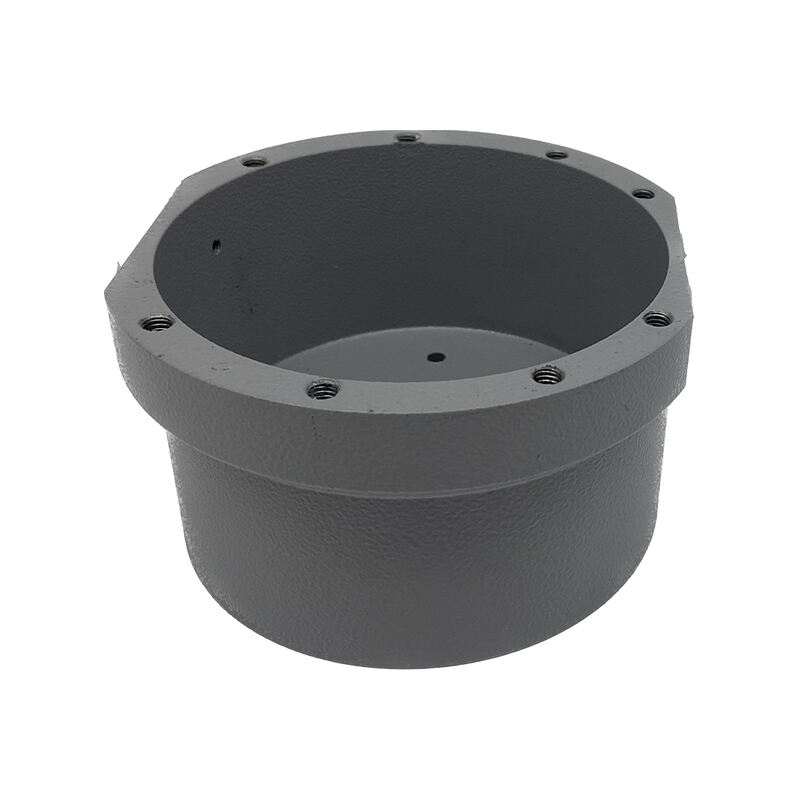investment casting companies
Investment casting companies are specialized manufacturers that employ a sophisticated metal forming process, also known as lost-wax casting. These companies utilize advanced technology to produce complex, high-precision metal components for various industries. The process begins with creating a wax pattern of the desired part, which is then coated with ceramic material to form a shell. Once the ceramic hardens, the wax is melted out, leaving a precise mold cavity. Molten metal is then poured into this cavity, creating an exact replica of the original pattern. Investment casting companies leverage state-of-the-art equipment and expertise to ensure exceptional dimensional accuracy, superior surface finish, and the ability to work with a wide range of metals and alloys. These companies serve diverse sectors including aerospace, automotive, medical devices, and industrial machinery. Their capabilities extend to producing both small intricate parts and larger components, with the flexibility to handle both low and high-volume production runs. Modern investment casting companies incorporate advanced quality control systems, computer-aided design, and automated processes to maintain consistency and meet stringent industry standards.


